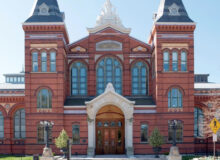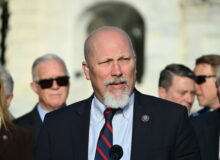The Psalm today is the familiar 23rd, and the Gospel is John 10:11-18. Both use the comforting image of the good shepherd.
When I was growing up in the Episcopal church, I chose three hymns from the 1940 hymnal as my favorites. One of the three was number 345, “The King of love my shepherd is,” written by H.W. Baker in 1868. The tune I preferred (there were two options) was dominus regit, by J.B. Dykes. For those who couldn’t immediately figure it out, the hymnal helpfully noted that it was “based on Psalm 23.”
I actually like the hymn better than the already-wonderful psalm. The psalm speaks of “still waters,” but the hymn’s second verse, using another Biblical image, says that “where streams of living waters flow/My ransomed soul he leadeth.” And it’s not just an ordinary “table before me in the presence of mine enemies,” it’s “And where the verdant pastures grow/with food celestial feedeth.” Throughout the hymn, the imagery is even sharper than in the lovely psalm.
The psalmist walks through the valley of the shadow of death. The hymnist (verse 3) acknowledges that the walk is his own fault: “Perverse and foolish oft I strayed.”
The psalmist says he will not fear because the Lord is with him, and His rod and staff are comforts. The hymnist’s shepherd isn’t just with him; He is more richly personified, so that the whole verse reads: “Perverse and foolish oft I strayed/But yet in love He sought me/And on his shoulder gently laid/And home, rejoicing, brought me.”
The point is not to belittle the psalm. It is for good reason that the 23rd is so beloved and so clearly the most well-known of all the psalms. The point here is that it is up to us to add the music and the lyrics to our faith — always fully consonant with the basics, but also in a way we hope will enrich those basics — because while we receive much from God and the church, we must also respond with acts of our own agency.
Let us join, then, with the hymnist in his closing verse, as he writes: “And so through all the length of days/Thy goodness faileth never:/Good Shepherd, may I sing thy praise/Within thy house for ever.”
Even if the Lord provides the music, it is up to us to sing it.






